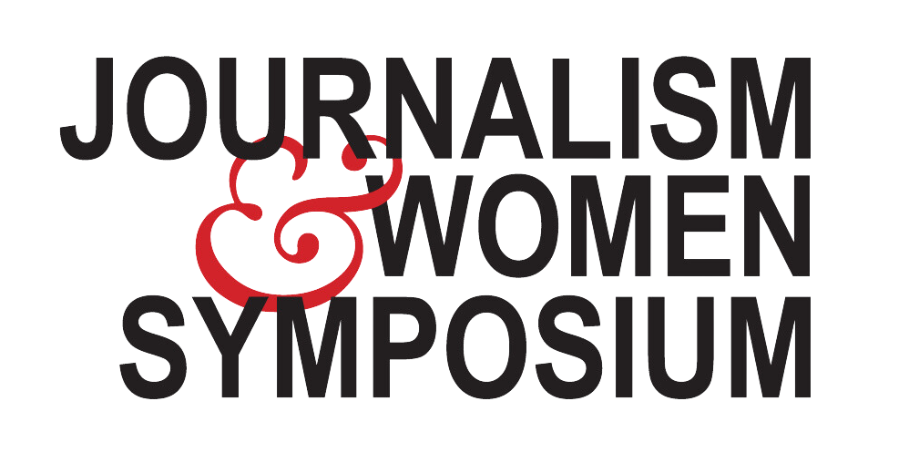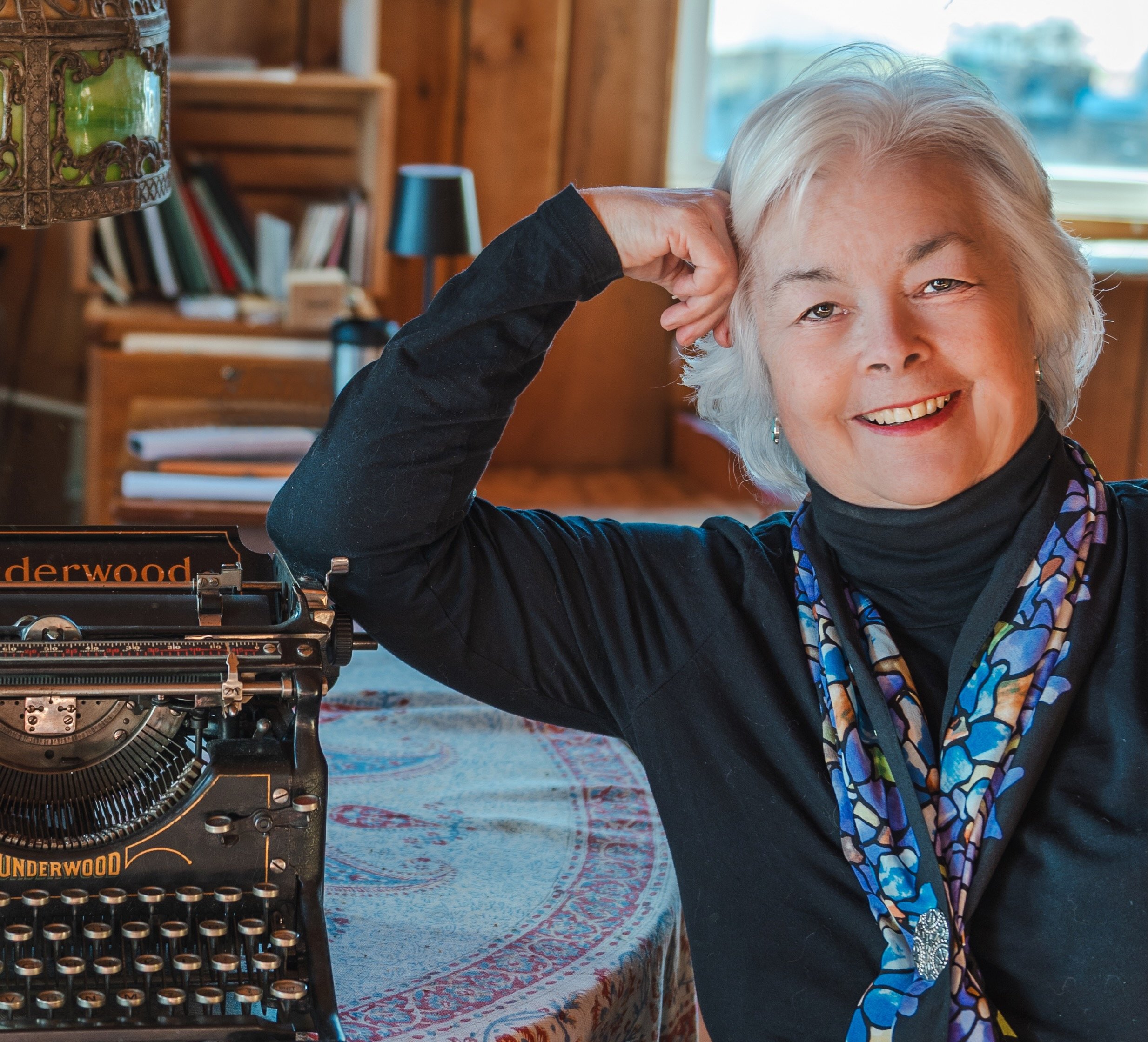Books & Browse authors panel announced for JAWS CAMP 2025
Six nonfiction authors have been selected to represent Journalism & Women Symposium (JAWS) during the Books & Browse author panel at JAWS CAMP 2025 in Washington DC.
Our 40th anniversary CAMP conference will be held September 5-7 at The Royal Sonesta Hotel, located at 2121 P Street NW, Washington, DC 20037 in the Dupont Circle neighborhood. The Books & Browse panel is scheduled for Saturday, September 6 with more details to be announced.
Meet the Authors: Nonfiction Discoveries of Social Justice, Corruption, Racial Injustice, Ambition, Work and Hope by Six JAWS Authors in Memoir, Biography and Investigation
Maura Casey
Maura Casey, Saving Ellen: A Memoir of Hope and Recovery
When doctors diagnosed the author’s sister Ellen with terminal kidney disease in the 1960s, it threw her large Irish family into crisis. Her father dissolved into alcoholism. Her mother, a wisecracking, feminist, WWII Army veteran, became determined to save Ellen. She donated a kidney in a very early transplant, but hid the true consequences of that decision, which she understood, but which I had to write a book to find out. Ultimately, Ellen reclaimed her dream of becoming an athlete. The narrative arc involves obstacles overcome by women – Maura’s mother, sister and herself - and shows the growth of the feminist movement in the 1970s.
Debbie Hines
Debbie Hines, Get Off My Neck: Black Lives, White Justice and a Former Prosecutor's Quest for Reform
As a trial lawyer, former Baltimore prosecutor, and Maryland assistant attorney general, I argue that US prosecutors, as the most powerful players in the criminal justice system, systematically target and criminalize Black people. Told intimately through personal, family, and client narratives, Get Off My Neck is not only a deeply sobering account of our criminal justice system and its devastating impact on Black children, youth, and adults but also a practical and inspiring roadmap for how we can make reforms through a broad-based alliance of reform-minded prosecutors, activists, allies, communities, and racial justice organizations.
The issues and injustices of criminal justice deeply affect women who are mothers, sisters, partners, wives, victims and defendants. Get Off My Neck tells their stories. So often, books only tell a crime story from the viewpoint of usually the male defendant who is charged with a crime and the prosecutor who prosecutes the crime. Behind every case, there are women who are overlooked. Our criminal justice system affect us all as a society. Having once been one of the 1% Black women prosecutors in the US, I tell the whole story through the lens of race and gender.
Susan Page
Susan Page, THE RULEBREAKER: The Life and Times of Barbara Walters
The definitive biography of Barbara Jill Walters, a force from the time TV was exploding on the American scene in the 1960s to its waning dominance in a new world of competition from streaming services and social media half a century later. She plowed through sexist barriers and left a lasting imprint on television news and on our culture. But her fame and fortune weren’t free. She was never content, and she died all but alone.
Mary Annette Pember
Mary Annette Pember, Medicine River: A Story of Survival and the Legacy of Indian Boarding Schools
A sweeping and deeply personal account of Native American boarding schools in the United States, and the legacy of abuse wrought by them in an attempt to destroy Native culture and life.
From the mid-nineteenth century to the late 1930s, tens of thousands of Native children were pulled from their tribal communities to attend boarding schools whose stated aim was to “save the Indian” by way of assimilation. In reality, these boarding schools—sponsored by the U.S. government, but often run by various religious orders with little to no regulation—were a calculated attempt to dismantle tribes by pulling apart Native families. Children were beaten for speaking their Native languages; denied food, clothing, and comfort; and forced to work menial jobs in terrible conditions, all while utterly deprived of love and affection.
Amongst those thousands of children was Ojibwe journalist Mary Pember’s mother, who was sent to a boarding school in northern Wisconsin at age five. The trauma of her experience cast a pall over Pember’s own childhood and her relationship with her mother. Highlighting both her mother’s experience and the experiences of countless other students at such schools, their families, and their children, Medicine River paints a stark but hopeful portrait of communities still reckoning with the trauma of acculturation, religion, and abuse caused by the state.
Brigid Schulte
Brigid Schulte, Over Work: Transforming the Daily Grind in the Quest for a Better Life
Over Work is a deeply reported exploration of why American work isn’t working, especially for women and those with care responsibilities, and follows the stories of change agents to show not only that work can change to make room for care and our lives, but how that change benefits everyone.
Americans across all demographics, industries, and socioeconomic levels report exhaustion, burnout, and the wish for more time for meaningful lives. This full-system failure in our structure of work affects everything from inequality, to family stability, civic cohesion, and our health, wellbeing and quality of life.
Fiercely argued and vividly told, rich with stories and informed by deep investigation, Over Work lays out a clear vision for ending our punishing grind and reclaiming leisure, joy, and meaning.
Feminism, gender equality and normalizing and elevating the value of and time for care are the central driving factors behind the reporting journey of this book. In cultures that put a premium on working long hours, devoting oneself body and soul to work, as in America, where appearing busy and being present trump output, performance or impact, then women and those with care responsibilities will never have fair opportunities to contribute, learn, grow, earn and lead. Over Work shows how the current system is all a mirage — built on CEO belief, based on their own lived experience, rather than grounded in the reality of most working people. More, it shows how work can change, and why we all benefit when it does — even those very CEOs who cling to the old ways that ensured their rise to power. Also, it’s deeply reported, with every chapter telling the stories of “change agents” seeking to change work either through personal transformation, in the workaholics chapter, through collective action, like in the worker’s rising and karoshi chapters, through organizing to take on systems by starting small, like in the American Karoshi chapter or the lawyers working to fight caregiver discrimination, through leadership courage, in the unlikely allies and work redesign chapters, and through communal disgust at system failure and a willingness to try something new, as in the nascent Wellbeing Economies movement I cover.
Miranda Spivack
Miranda Spivack, Backroom Deals in Our Backyards
Winner of the Studs and Ida Terkel Prize. Most Americans are likely to encounter the effects of government malfeasance or neglect close to home—from their governors, mayors, town councils, school boards, police, and prosecutors. In fact, deals shrouded in darkness are regularly made at the state and local levels, often the result of closed-door discussions between governments and industry without any scrutiny whatsoever from the public. Too often, as this groundbreaking new work of investigative reporting reveals, residents are intentionally kept on the outside, struggling to get information about significant issues affecting their communities—from car crashes and dirty drinking water, to failing safety gear—until the backroom deals are done and it’s too late to challenge them.
A work of riveting narrative nonfiction based on years of original reporting, Backroom Deals in Our Backyards tells the story of five “accidental activists”—people from across the United States who started questioning why their local and state governments didn’t protect them from issues facing their communities and why there was a frightening lack of transparency surrounding the way these issues were resolved. The secret deals, lies, and corruption they uncover shake their faith in government but move them to action.
Publishers Weekly called it "an enraging exposé of a nationwide culture of corruption."
Panel Moderator: Michele Weldon, Award-winning author of seven creative nonfiction books, most recently, The Time We Have: Essays on Pandemic Living







